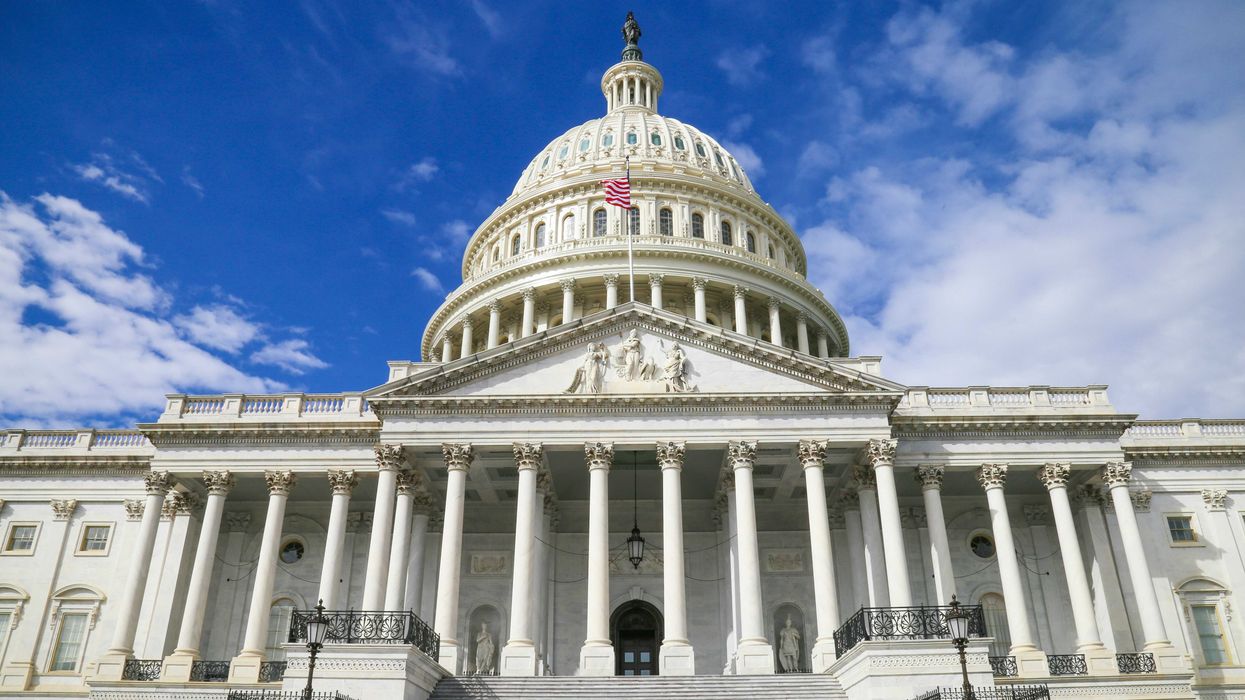Money is power. In our system of government, that power was intended to rest squarely with Congress. Yet in recent years, we’ve seen presidents of both parties find ways to sidestep Congress’s “power of the purse” authority, steadily chipping away at their Article I powers and turning appropriations into suggestions rather than binding law.
As someone who served in the House of Representatives — and in its leadership — I saw firsthand how seriously members of both parties took this duty. Regardless of ideology, we understood that Congress’s control of the purse is not just a budgetary function but a core constitutional responsibility.
The Constitution entrusts spending decisions to Congress because they are about more than dollars and budgets – they reflect the priorities and the will of the people who elected their representatives to make those choices on their behalf. But what was designed to be one of the legislature’s strongest checks on executive power has been weakened by clever workarounds, bureaucratic delays, and outright defiance of congressional intent. The result is an executive branch that increasingly decides, on its own terms, whether duly appropriated funds will ever reach the people and programs they were meant to serve.
Congress attempted to address this issue in 1974 with the Impoundment Control Act, which was passed following President Nixon's unilateral withholding of billions of dollars that lawmakers had already approved. The law was intended to prevent presidents from simply refusing to spend appropriated funds. But modern administrations have found ways around it. “Programmatic deferrals,” apportionment holds through the Office of Management and Budget (OMB), and timing maneuvers near the end of the fiscal year have allowed funds to expire before they can be used. These tactics effectively nullify Congress’s spending power.
This erosion undermines democratic accountability. When presidents can eliminate programs by deciding to starve them of funds, voters and Congress are excluded from the process. It threatens the system of checks and balances at the heart of our republic. If the executive can unilaterally control both the execution and timing of appropriations, Congress is reduced to little more than a bystander in one of its most vital constitutional roles.
A majority of Americans don’t want to see presidents unilaterally withholding or blocking funds that Congress has enacted into law. A recent poll conducted by Issue One and YouGov found that 61 percent of voters oppose this kind of executive overreach, and 68 percent believe that congressional spending power is a constitutional feature that strengthens our government.
Congress should listen to the people and restore balance.
Strengthening the Impoundment Control Act is one place to start. Reforms, like the ones laid out in Issue One’s We the People Playbook, should ensure that appropriated funds are released in time to be used as intended, close loopholes that allow for stealth impoundments, and improve transparency when spending is delayed.
Lawmakers should also bolster enforcement mechanisms, such as expediting the Government Accountability Office’s (GAO) ability to sue agencies over suspected violations of appropriations law, and prevent the abuse of presidential rescission authority by shortening the time window for rescission proposals, so that presidents cannot run out the clock on appropriated funds without congressional action.
These reforms shouldn’t be partisan. James Madison warned that “the power over the purse may… be regarded as the most complete and effectual weapon” members of Congress have against encroachments by the executive. If Congress fails to defend that weapon, it risks surrendering one of the most important tools protecting our republic from creeping executive control.
Our Founders never intended for one person to decide how our nation’s money is spent. That responsibility belongs to the many. It’s time for Congress to reclaim its rightful authority over the purse – not only to restore accountability, but to preserve the balance of power enshrined in our Constitution.
Dick Gephardt was Democratic House Majority Leader from 1989-1995. He serves on Issue One’s board and is a member of their ReFormers Caucus, the largest bipartisan coalition of its kind ever assembled to advocate for sweeping reforms to fix our broken political system.



















